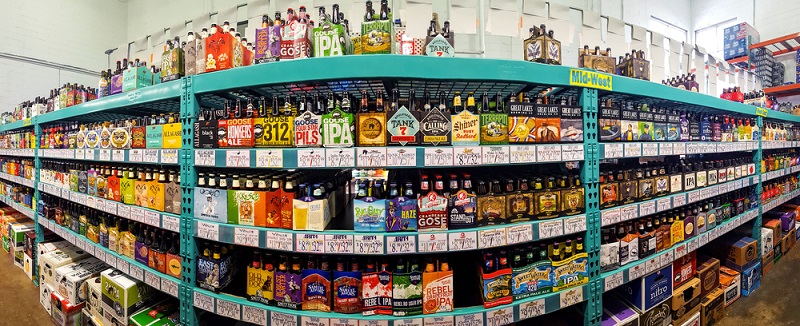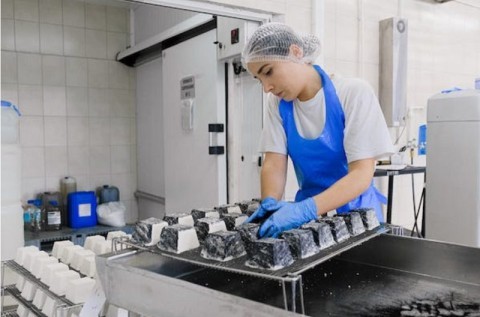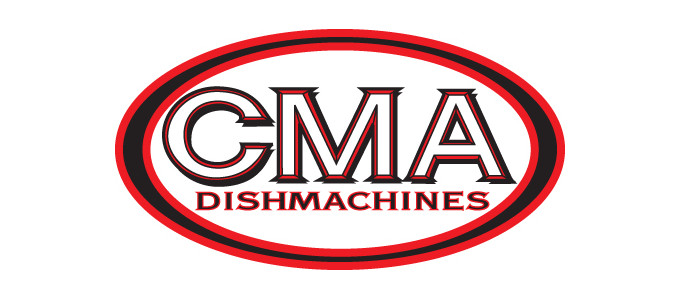Over the past couple of years, the world has been affected by a number of significant supply chain issues. In this respect, the US has not been spared. From production and growth problems to a shortage in truck drivers, the pandemic has impacted drink and food availability in several different ways. This has put food and drink manufacturers to the test, dealing both with hurdles in their own supply chains and trying to keep up with demand as a supplier.
Unfortunately, there is a chance that supply chain issues will continue to persist in the near future. With predicted shortages of products such as eggs, dairy, and beef, the supply chain crisis will not be a quick fix. That said, there are some steps that manufacturers can take to mitigate the current hurdles. This article takes a look at what you can do to tackle the ongoing issues.
Safeguard your crops and production
First things first, it is crucial to safeguard existing resources. There have been frequent instances in which manufacturers have had to recall products because avoidable problems in the industry. Kraft Heinz, a food manufacturing powerhouse, provides an infamous example. In 2014, they were forced to recall over 1.2m cottage cheese containers because their products hadn’t been stored at the right temperature.
Therefore, to prevent avoidable recalls and product spoilage, equipment maintenance should always be a top priority. Many manufacturers, rather than operating on a reactive maintenance model, tend to intervene only when machinery has already failed. But checking equipment on a regular basis and switching to reactive maintenance can help pinpoint potential problems before they actually occur. With the advancement of AI and technology, there are plenty of tools that will help you monitor the integrity of your machinery.
Food contamination is another problem that can put the health of consumers in danger and result in recalls. Stats show that foodborne illnesses affect around one in six Americans each year, causing 128,000 hospitalisations and even 3,000 deaths. One of the most common causes of food poisoning is salmonella, which accounts for 19,000 cases every year. From unsanitary cabling to food handlers not washing their hands, there is an array of processes that can impact the hygiene of food. This is why many manufacturers opt for stainless steel enclosures that are easy to decontaminate and clean.
Reconsider your suppliers
Price and access to raw materials, which are crucial for making foodstuffs, are prominent problems at the moment. Relying on only one or two suppliers for a key ingredient is risky, as they may experience issues themselves. Hence, it is wise for manufacturers to diversify their suppliers to avoid disruption on their end.
There is no hiding that the pandemic has had a dramatic impact on small businesses in the US and all over the world. If your business is searching for new suppliers, why not prioritise and support local businesses? In a time when our planet is dealing with the effects of global warming, this will also have a positive impact on your carbon footprint. In fact, going local can truly boost manufacturers’ green credentials too.
Tackle food waste
Consumer food waste is a pressing issue across the globe, and the United States are certainly not exempt. In fact, the US holds an unenviable record of being the country that discards more food than any other country. To be specific, Americans waste nearly 40m tons of food every year, which equates roughly to 30-40% of the whole US food supply. To put things into perspective, this is equal to every American throwing more than 650 average-sized apples right into the bin.
With soaring prices and food shortages, the country should strive to significantly reduce unnecessary food waste. In this respect, it is safe to say that the US government is already taking action. In fact, new laws and legislations have been implemented with the overall goal of decreasing food waste by 50% by 2030. This is a good opportunity for both the government and businesses to promote campaigns that inform people about the amount of food that is being needlessly thrown away.
Food manufacturers can have a say in this too. With tips on how to store food and make it last longer, packaging can be a great tool to educate consumers. It can be a perfect way to offer precious advice, including putting fresh herbs in water, storing uneaten bread in the freezer, and moving dried products into airtight glass containers.
Supply chain problems in the US are likely to persist for a while longer. It may be tricky to completely tackle price fluctuations and product shortages, but manufacturers can follow a few useful steps to mitigate the existing issues. This will help them continue to provide businesses and consumers with the essential resources they require.








